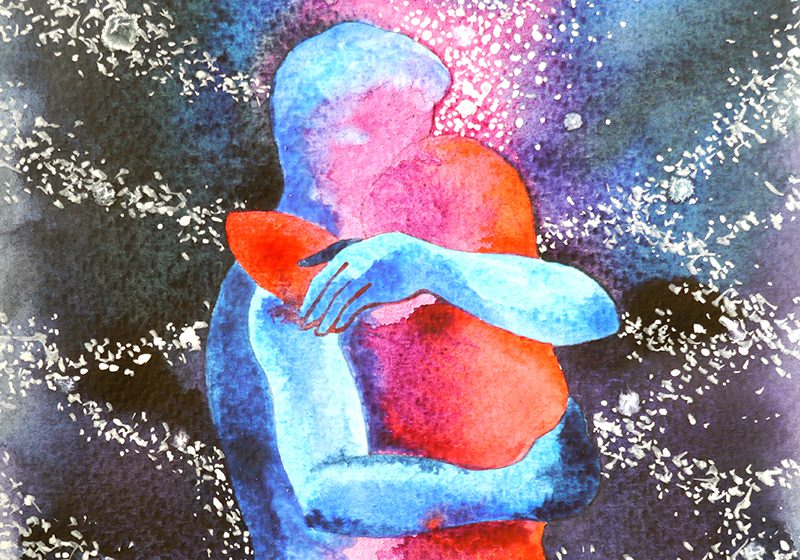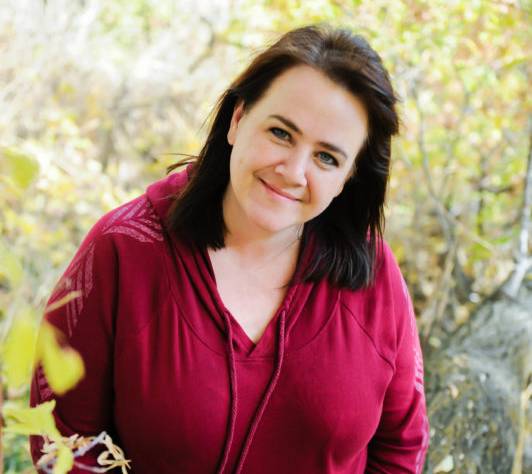We live in a new age of information. With the advent of the internet, the world is smaller and more accessible than it has ever been. I love the internet and all it can do. But with so much information available it becomes easy to tune out the ancient wisdom of the body and the soul when there is a quick alternative.
While you can look up symptoms on WebMd or research therapists in your area, and even read articles like this one for support and inspiration, there no replacement for the guidance of deep, inner knowing, for that heart-feeling of rightness that is both subtle and unmistakable. Our bodies are coded with specific and unique information. Our very being has wisdom that is customized for us and no one else. You can be the only expert on the subject of you.
You might be thinking, “why should I trust myself when I makes so many mistakes?”
Self-Trust is not about being perfect or always knowing the right thing to do. Self trust is cultivated by testing your own limits, discovering what you are capable of and what you need to work on. Allowing yourself the freedom to fail and learning from that failure builds confidence. You aren’t trusting yourself to be perfect, you are trusting yourself to handle your own imperfections.
Trust isn’t for providing protection, it’s for learning to live unprotected, learning to live without armor. If you don’t rely on armor, you will utilize your innate skills. You learn to trust what’s inside of you instead of what’s outside of you.
Learning to trust yourself involves letting go of what others think. Only you have the answers for you. Decide what you think and assess how you feel, then ask for others opinions, if you are interested. Others can give you insight, point you in a right direction, but only you can decide if that direction is right for you.
Trusting yourself is allowing yourself. Allowing yourself to what? Anything, everything. Allowing yourself to feel what you feel, to think what you think. Allowing yourself to fear what you fear and noticing it all. Allowing is permission. That kind of permission feels like love and acceptance. It feels like trust.
Self trust lets you know when you need to ask for help and when you have the inner resources to do something on your own. Trust yourself to inform you when something doesn’t seem right or stack up, trust that feeling of uncertainty, that it is telling you an important message. What you feel is valid. It has a basis in truth and reality. Don’t dismiss it. It might be a signal that you need to act, or let go, or move on.
Trusting yourself means not having the answers but believing that you have the ability to recognize the answers (for you) when you hear them.
Trusting yourself doesn’t have anything to do with being right, having a premonition confirmed, or any other method of trying to control your world. It’s about relaxing into yourself, holding yourself with compassion regardless of what happens. It’s about allowing your life to unfold without so much resistance. Learning to trust your own strength when it is needed, your vulnerabilities when called for and humility when you are wrong.
Trust is not the same as proof, it requires faith, risk taking, and openness. Trusting yourself requires facing fears, letting go of others opinions, allowing yourself to fail, learning from your mistakes, falling down and rising again. Trust builds confidence. Confidence promotes willingness. Willingness fosters curiosity. Curiosity invites learning and growth. Learning and growth require trust.
Life is totally unreliable. We live in a constant state of change and impermanence. We are inundated with others opinions, millions of gigabytes of data, and a barrage of advertisements vying for your time and attention. All that is just fine if you are grounded in yourself. It’s like rain. Just pull out the umbrella of self-trust and let the rain fall.

